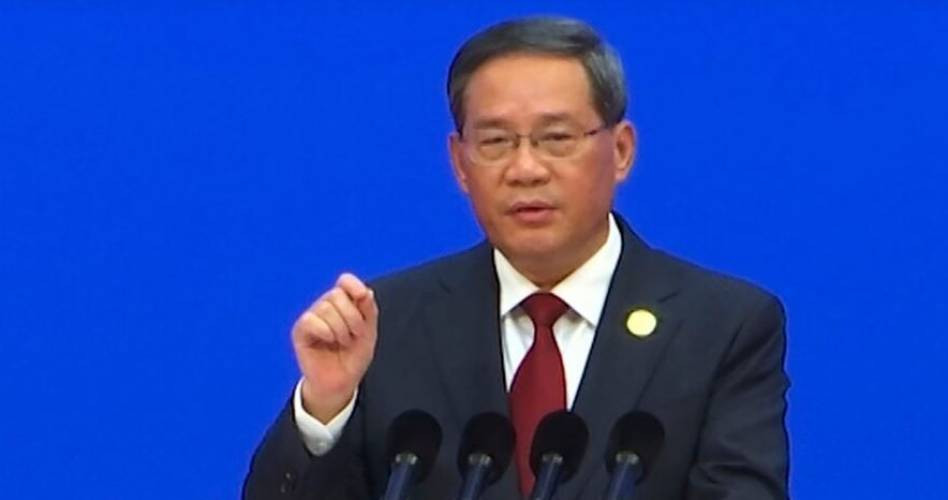In the last couple of weeks years I have had the misfortune of listening to harrowing tales from local investors who have endured unceasing maltreatment in their attempts to invest in various parts of the country.
Whether it is from overzealous regulators, uncouth licensing authorities or rabid county and national government political operatives, the story is similar. It is amazingly difficult to get an investment off the ground unless you have serious political protection, which does not come cheap.
These conversations brought to mind one private enterprise whose tribulations are now a matter of public notoriety. I would be shocked if there is Kenyan who is not familiar with the brewing company known as Keroche Industries whose CEO is the indefatigable Tabitha Karanja. For the record, Mrs Karanja and I don’t even know each other and I only tell her story to illustrate a point. Truth be told, I have always admired her courage, first as a woman who dared tread into a male dominated industrial sector and to cap it all, enter into a market that was already cornered by a multinational player with deep pockets!
Despite tremendous odds, including routine market entry challenges, she has managed not to just build a strong brand, but to corner 20 per cent of the local beer market. That is no mean fit. Indeed I suspect if she had been a Chinese entrepreneur, employing as she does, hundreds directly and thousands in the production and distribution chain, we would be according her extensive privileges and allowing her some space on the compliance front.
On the contrary Mrs Karanja’s company has undergone peculiar challenges that appear informed by factors unrelated to the business. In the first instance there appears to be an amazing capacity for the revenue authorities to assess or classify Keroche’s products in a manner that has prejudicial tax consequences. At times this has been carried out in a manner that unfairly advantages its competitors. Just last week Keroche was gazetted as one of the companies which could not get an excise tax certificate, a situation that but for court intervention could inevitably lead to the closure of the business.
Yet from court papers, it is clear that the inability to obtain the certificate arises from routine procedural issues most of which have nothing to do with the company’s default.
For some reason, Keroche was also a major target in the war against illicit brews. At some point regulatory agencies were accompanied by politicians in their inspection of the company! There can be no greater abuse of process than this. For such a unique Kenyan brand produced in a facility that had just been commissioned by a government minister, one would expect some more decorum in how such a process is carried out. I am also aware that in many parts of Central Kenya there was a silent campaign to demonise Keroche’s products and indeed some of their distribution trucks were at times vandalised. Now, I do not know whether or not Keroche’s products are all kosher, but surely there must be better ways to deal with investors who have taken such huge risks to fill our investment gap.
We are a country that is always crying for foreign investors. We host conferences and travel far and wide to sell this nation. Yet for a local like this who dares take tremendous risk to invest here, theirs is such an uphill battle.
What ails us? Does this have anything to do with Keroche’s owners’ perceived political affiliations? Is this another Madhupaper all over again? How can we expect to grow as a country if this is our brand? Do we not realize that before foreign investors are willing to invest here, due diligence includes speaking to local investors to establish our true investment climate?
Do we realise that foreign investors, which include Keroche’s deep-pocketed competitors, repatriate their profits to their nations of origin unlike local investors who plough their money back here?
If we are serious about transforming into a true middle class economy, we must transform into a kinder, fairer, empowering investment regime that encourages locals to put their money here. Failing this, they will rush southwards to Rwanda and elsewhere, they may find better acceptance there.
 The Standard Group Plc is a
multi-media organization with investments in media platforms spanning newspaper
print operations, television, radio broadcasting, digital and online services. The
Standard Group is recognized as a leading multi-media house in Kenya with a key
influence in matters of national and international interest.
The Standard Group Plc is a
multi-media organization with investments in media platforms spanning newspaper
print operations, television, radio broadcasting, digital and online services. The
Standard Group is recognized as a leading multi-media house in Kenya with a key
influence in matters of national and international interest.
 The Standard Group Plc is a
multi-media organization with investments in media platforms spanning newspaper
print operations, television, radio broadcasting, digital and online services. The
Standard Group is recognized as a leading multi-media house in Kenya with a key
influence in matters of national and international interest.
The Standard Group Plc is a
multi-media organization with investments in media platforms spanning newspaper
print operations, television, radio broadcasting, digital and online services. The
Standard Group is recognized as a leading multi-media house in Kenya with a key
influence in matters of national and international interest.








